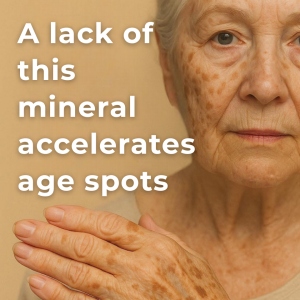
On the contrary, it’s often your body’s way of sending you a gentle message. So, what should you pay attention to?
And more importantly, how can you regain freshness and comfort without panicking or overcomplicating things? Let’s go over it all (no taboos, we promise!).
When Balance Is Off: Common Causes
1. A Disrupted Vaginal Flora
Your vaginal flora is like a tiny army of good bacteria that protects your well-being. But sometimes, that balance gets thrown off. The result? Unusual odors, discharge, or feelings of discomfort. Two common imbalances are often behind it:
- Bacterial vaginosis – usually accompanied by a strong, “fishy” smell, with thin, grayish discharge.
- Yeast infection (candidiasis) – causes thick, white discharge and a slightly sour odor.
It’s neither rare nor serious, but it’s best to speak with a healthcare professional to restore balance quickly.

2. Too Much—or Not Enough—Cleaning
When it comes to intimate hygiene, both extremes can cause problems. Not washing enough allows unwanted bacteria to thrive, but washing too much—especially with scented soaps or vaginal douches—can disrupt the natural protective flora.
Helpful tip: a simple rinse with clean water (or a mild, fragrance-free cleanser) is more than enough for daily care. Remember, the vagina is self-cleaning—yes, really!
3. Hormonal Changes: Life’s Roller Coaster
At certain stages—menstruation, pregnancy, menopause—the vaginal pH changes, and that alone can alter your natural scent. Sweat, especially when wearing tight clothing, can make things worse.
Smart move: choose breathable, comfortable cotton underwear—especially in warm weather.
4. When Lifestyle Plays a Role
Sometimes, our daily habits work against us: too much sugar, too much stress, not enough water… All of these can affect your vaginal microbiome.
Focus on a balanced diet, drink plenty of water, and consider natural probiotics (like plain yogurt) to help maintain a healthy flora.

Small Habits, Big Impact: How to Stay Fresh and Confident
A Simple but Effective Routine
- Wash the external area once a day with a suitable product—or just water.
- Avoid perfumes, sprays, or scented wipes that may irritate the skin.
- Change your underwear daily—or twice a day if needed.
During Your Period: Extra Care
- Change pads or tampons every 3–4 hours.
- Wash your hands before and after changing them.
- Try menstrual underwear—they’re comfortable, practical, and more breathable.
Smart Hygiene Habits
- After using the toilet, always wipe from front to back to prevent bacteria transfer.
- In hot weather, wear loose clothing made of natural fabrics.
- Trim pubic hair if you wish, but avoid full hair removal, which can make the skin more sensitive.
A Signal, Not a Crisis
An unusual intimate odor isn’t a red flag—it’s your body’s friendly reminder: “Hey, something’s changing!” Listen to it kindly, make a few simple adjustments, and if you’re unsure, talk to a healthcare professional. There’s no need for fear or embarrassment—just care and awareness.




